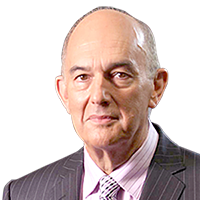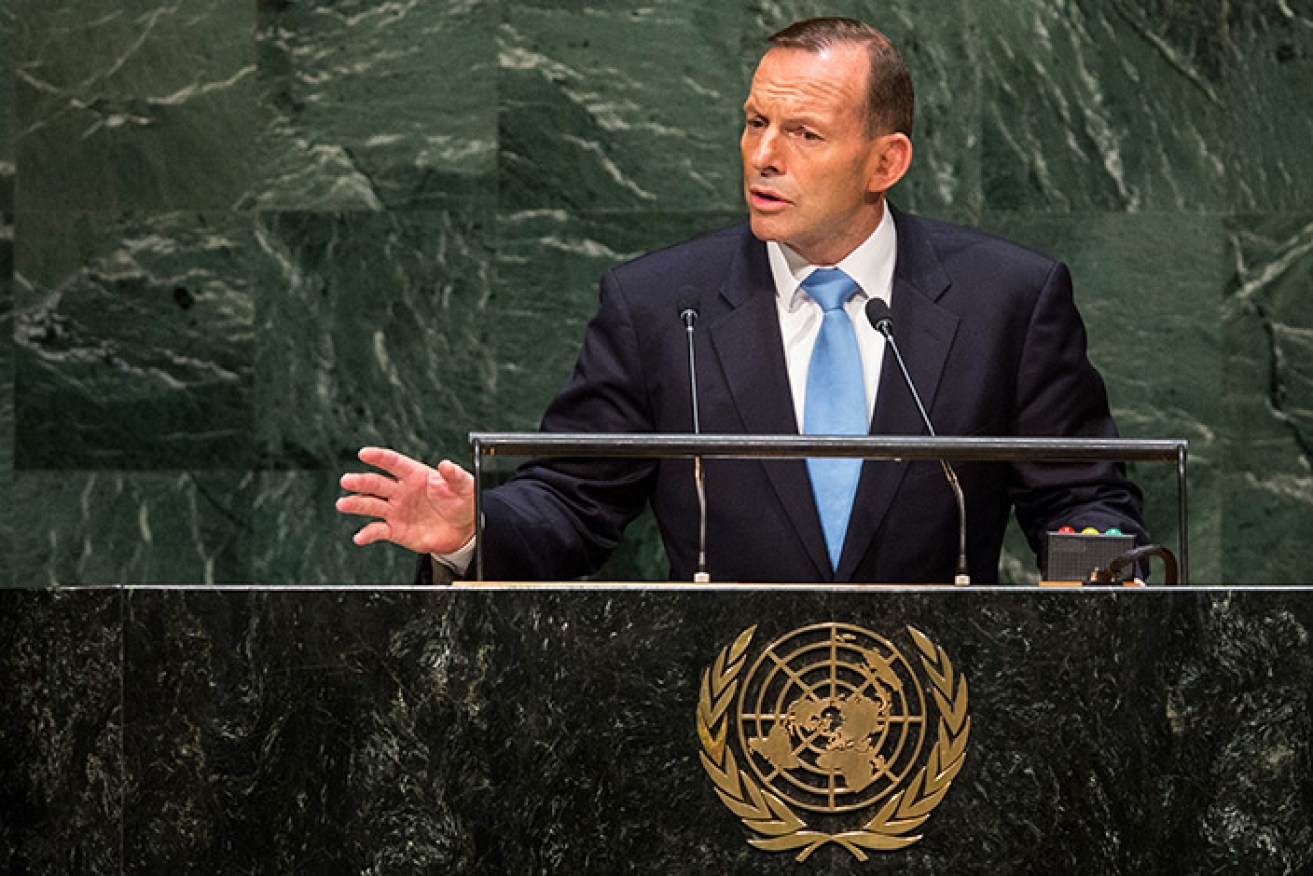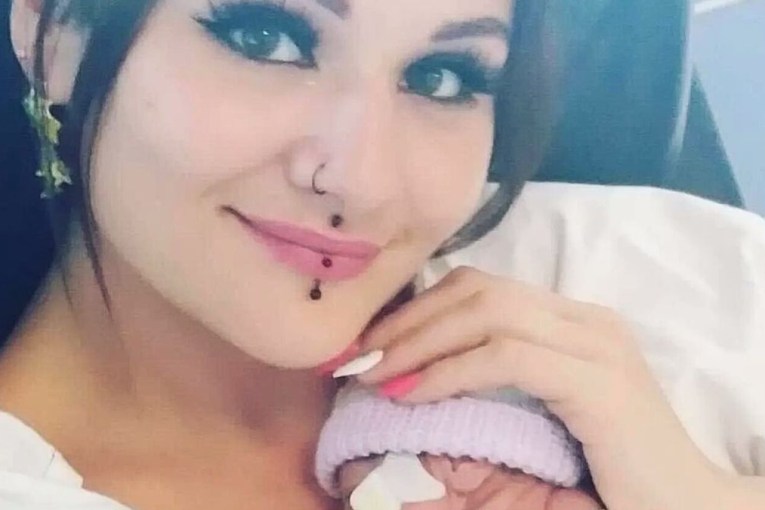Govt will fight wars, not disease: Bongiorno


Getty
This year’s death toll from the horrible Ebola virus reached 4000 in West Africa over the weekend. The World Health Organisation (WHO) is talking about 1.4 million cases in a growing epidemic unless urgent action is taken to contain and eradicate it. The disease has a 70 per cent death rate but its spread is relatively easily controlled if properly quarantined, according to the experts.
We are all familiar with Tony Abbott’s refrain: “Australia is reluctant to reach out to conflicts thousands of miles away, but this conflict has reached out to us.”
But the conflict he is referring to, of course, is the “death cult” he calls the extremist Islamic State and its camp followers worldwide.
• Abbott threatens to ‘shirtfront’ Putin over MH17
• Govt under pressure to do more on Ebola
• Carbon tax savings significant: ACCC
The Prime Minister still insists the first motive of our deployment to the Middle East is humanitarian. Australia, as a good global citizen, has a duty to help prevent the genocide of thousands while at the same time enhance our security. That argument was bolstered by the claim there are 60 Australian jihadists in the war zone supported by at least one hundred.

US soldiers disembark from an aircraft after arriving in Liberia to tackle the deadly outbreak of the Ebola virus. Photo: Getty
The Australian Medical Association (AMA) clinically applies this same logic to the Ebola crisis. It says 750 people travel from West Africa to Australia each year. They are screened at the airport and we are well placed to deal with any suspected victim as we did with Cairns nurse, Sue Ellen Kovac.
And there are, on the Prime Minister’s own admission, dozens of volunteer Australian doctors, nurses and aid workers in the Ebola “conflict” zone.
The Prime Minister admires their dedication and his government has in fact upped its financial support to WHO and volunteer agencies like Doctors Without Borders. The latest count is $18 million.
The United Nations Secretary General Ban Ki Moon’s spokesman has praised this funding generosity as welcome and timely.
But on the scale of the tragedy and in comparison to our $500 million annual military bill in Iraq it is, let’s be frank, piddling. Why is the government’s response on the two issues so different?
To begin with, it fits with a world view that saw the Abbott opposition criticising the Rudd government for directing hundreds of millions of dollars in aid to African countries in pursuit of their votes for a seat on the United Nations Security Council. Australia’s national interest was, in its view, closer to home.
History records the success of that campaign and as we saw this year in response to the MH17 air atrocity in Ukraine the Abbott government has been a beneficiary in terms of status and clout on the world stage.

Prime Minister Tony Abbott speaks at the UN ahead of sending the RAAF to Iraq. Photo: Getty
The Australia Africa Business Council has written to Health Minister Peter Dutton reminding him of Australia’s promised commitment to the African continent.
“Now is the time to demonstrate to Africa’s 54 nations, that Australia is committed to fighting the ‘war against Ebola’ through direct financial aid, medical supplies and expertise on the ground.”
The government’s response was underwhelming: “We aren’t going to send Australian doctors and nurses into harm’s way without being absolutely confident that all of the risks are being properly managed.”
The Prime Minister continued: “At the moment we cannot be confident that is the case. That’s why there are no plans to send Australian doctors and nurses, to order Australian doctors and nurses to go to West Africa.”
The Public Health Association and the AMA find this incredible. If Canberra had the will it could make arrangements with, for example, Britain which is setting up a facility in Sierra Leone especially to deal with suspected health worker victims. Germany has promised to fly out and treat sick volunteers.
The United States sees the Ebola crisis in international security and economic terms.
Many are hoping our Prime Minister will soon apply these words spoken on the eve of our Iraq deployment to the dire, African situation: “Let’s acknowledge there is a very, very serious problem here. It’s a humanitarian catastrophe and it’s a security nightmare.”
Paul Bongiorno AM is a veteran of the Canberra Press Gallery, with 40 years’ experience covering Australian politics. He is Contributing Editor for Network Ten, appears on Radio National Breakfast and writes a weekly column on national affairs for The New Daily. He tweets at @PaulBongiorno








